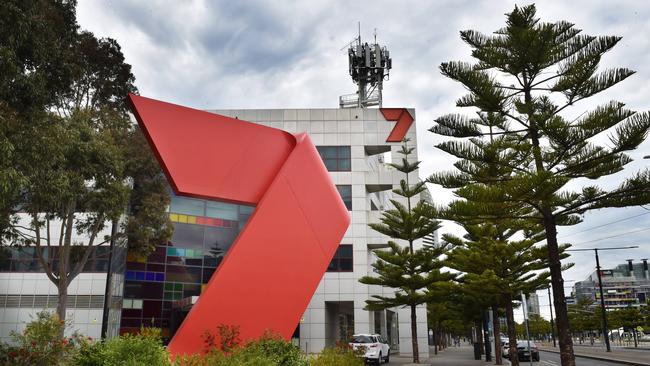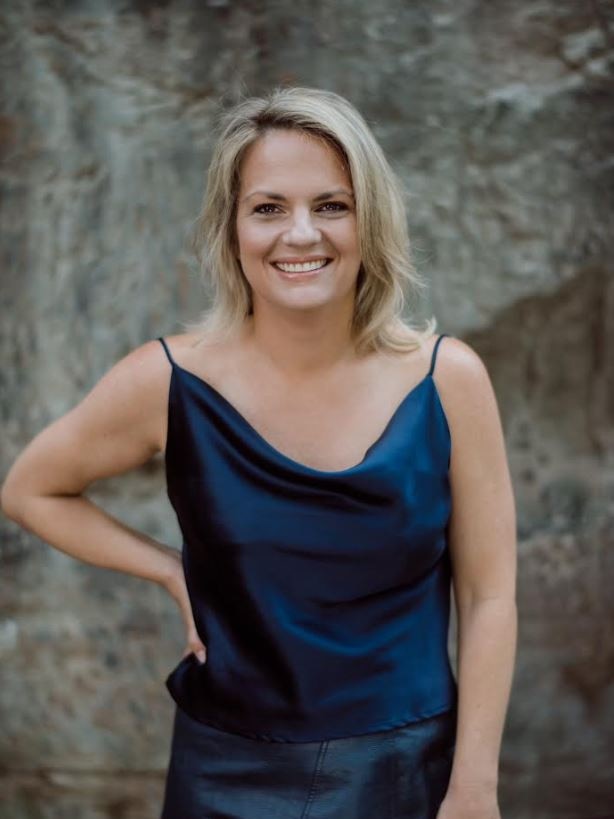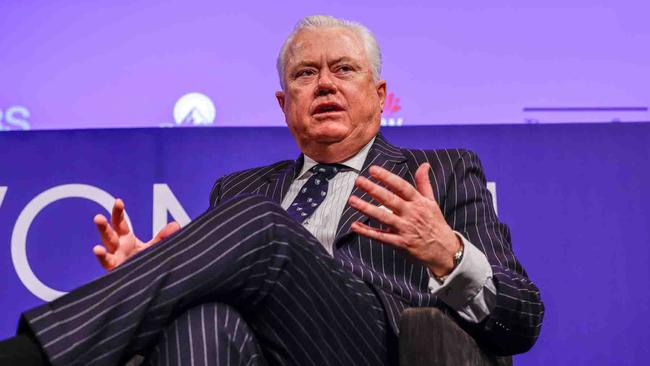
It has been a long time coming, with suppression orders skyrocketing over the past few years and the secrecy of the courts becoming a hot topic in legal circles.
However, it appears a fair work case brought by an ex-Seven employee against the network could be the flashpoint for an all-out war over what is a key tenet of our justice system.
Seven is trying to block “humiliating” documents filed by ex-Spotlight producer Amelia Saw from being released publicly, saying the release of the documents would allow Saw’s allegations to be aired ahead of a defence being filed.
“The right to a fair trial is not a star chamber where one party says ‘Here are our allegations’ and then posts them up … on the town hall,” Seven’s barrister Kate Eastmann SC said, arguing the release of the documents would “switch the onus of proof” on to her client.
Saw’s barrister, Philip Boncarto, rejected that characterisation, saying if Saw’s statement of claim were to be released, it would be published only as a series of allegations.
“The public understands the distinction between a mere allegation and a finding of fact,” he said.
Solicitor Amelia Causley Todd also appeared in court to fight the suppression, acting for media organisations the ABC, Nine and News Corp Australia (the owner of The Australian).

She added that the onus is on Seven to prove the “high bar” of necessity is met when making the suppression application.
Judge Nye Perram acknowledged Causley Todd was well and truly on the back foot in arguing against the suppression, considering she did not have access to any of the documents in question. Despite this, Perram did not allow her, or her clients, to see them.
The topic of open justice has risen to the fore over the past year or so, predominantly due to a subtle campaign being driven by judge Michael Lee, who rose to prominence during Bruce Lehrmann’s defamation case against Network 10.
Suppressions across state courts have skyrocketed into the hundreds, with Victorian courts granting more than 200 orders this year.
Speaking at a Women in Media event in August, Lee encouraged journalists to hold courts “to account” by fighting suppression orders that interfere with the principles of open justice.
“I have deprecated time and time again corporations and other litigants coming along with these swingeing confidentiality orders – often by consent – that seek to prevent the publication of evidence,“ he said at the time.
In a judgment for a fair work matter delivered on August 23, Lee found the attempt of Super Retail Group to shield media from an alleged settlement agreement was done “unnecessarily and hence wrongly”.

When speaking at a conference in Margaret River last month, he said the secrecy of the court was increasing, and attempts should be made to “Marie Kondo-fy” laws that allow suppression orders.
But back to the Seven matter.
While we obviously don’t know how Perram will rule on the suppression order, he appeared unconvinced by some arguments made by Saw and the media organisations.
He said he will deliver judgment at a later date, rather than giving ex-tempore reasons.
“I’ve been waiting to write something about this topic for some time,” he said. “I will reserve my decision.”
Tell me what you think at ellie.dudley@news.com.au
Legal movements
Maddocks has welcomed Joseph Monaghan as a planning and environment partner. Monaghan will join the firm’s Melbourne office after nearly a decade at Holding Redlich.
Property insurance expert Riley Gay has left Clyde & Co to join Ligeti Partners as principal lawyer. He will be based in the firm’s Melbourne office.
Did you hear?
Barristers in NSW haven’t had a good year when it comes to professional conduct.
According to the NSW Bar Association’s annual report, barristers have seen a “significant increase” in the number of complaints referred to the Bar Council for investigation.
“Over the reporting year the Bar Council received 102 and finalised 88 complaints, a significant increase from 76 in the previous year,” the report reads.
“This includes 16 complaints that had been ongoing for several years, reflecting the Professional Conduct department’s continuing focus on resolving the oldest, and often most complex, complaints.”
Despite this marked increase, the authors of the report make sure to note members of the professional conduct committee have done an “excellent job” to decrease the overall time taken to finalise complaints.
“They deserve our thanks and congratulations,” the report reads.
Want this column (and more!) right in your inbox? Sign up for the Ipso Facto newsletter.






A fight is brewing in the Federal Court over the meaning of open justice.